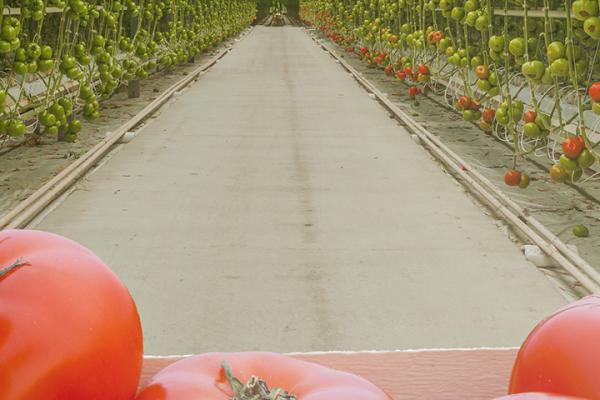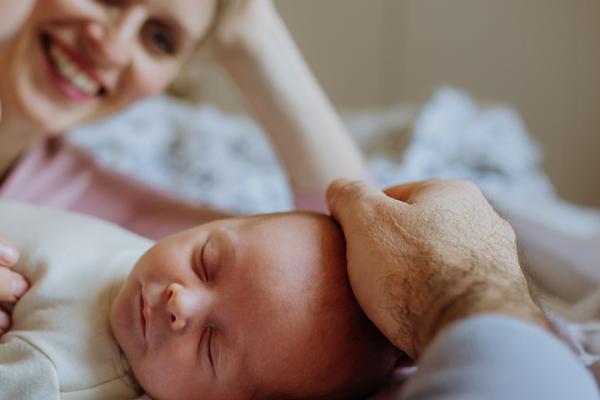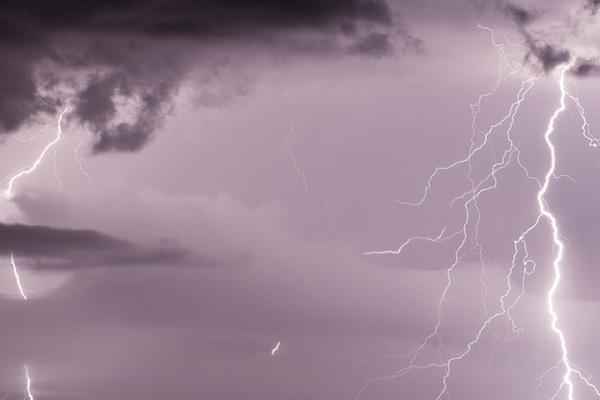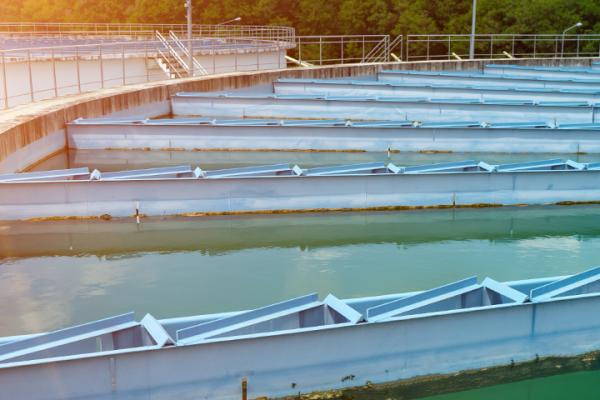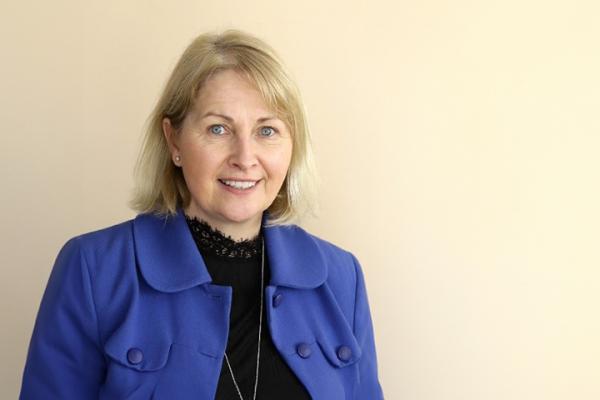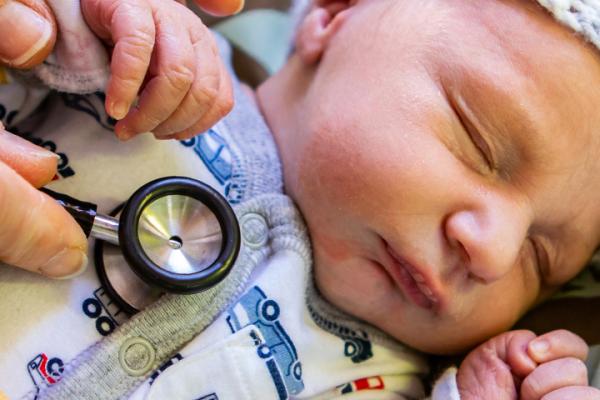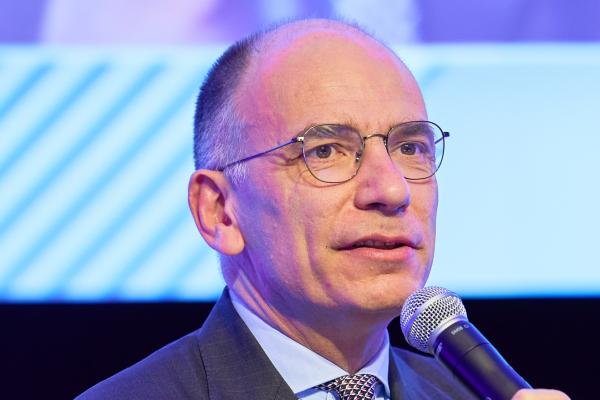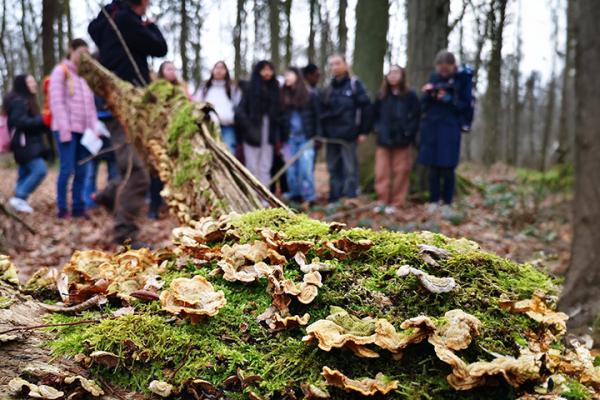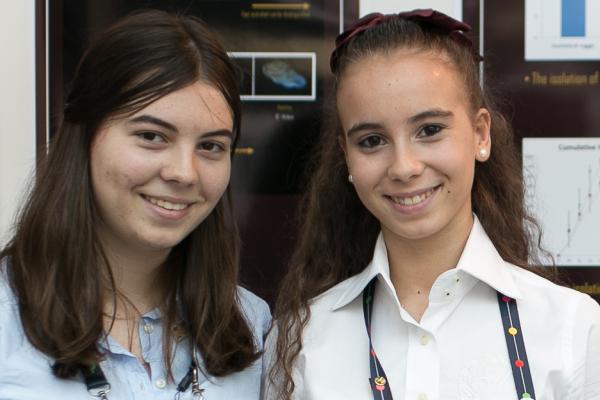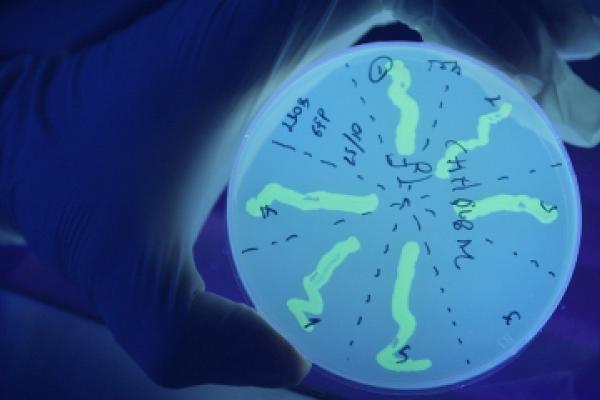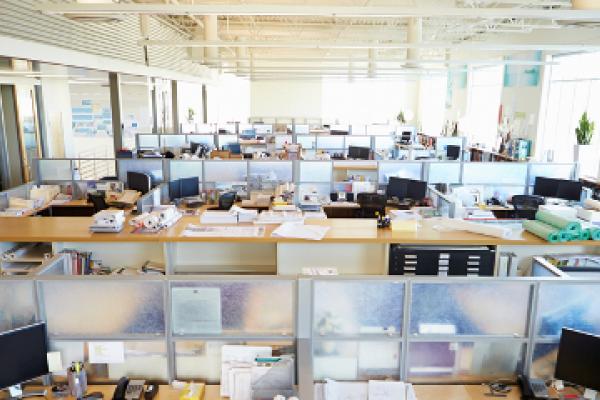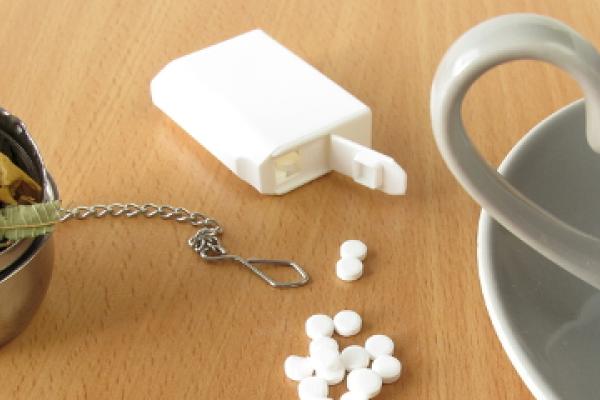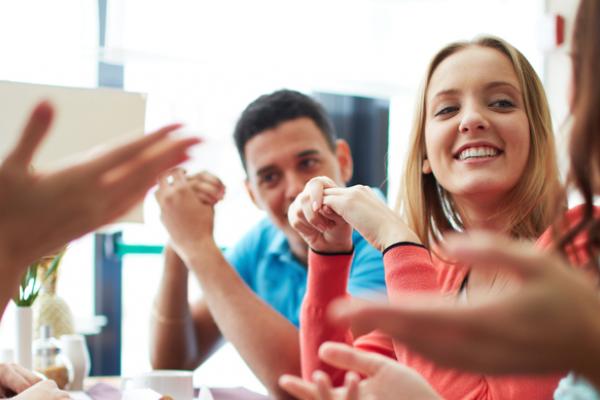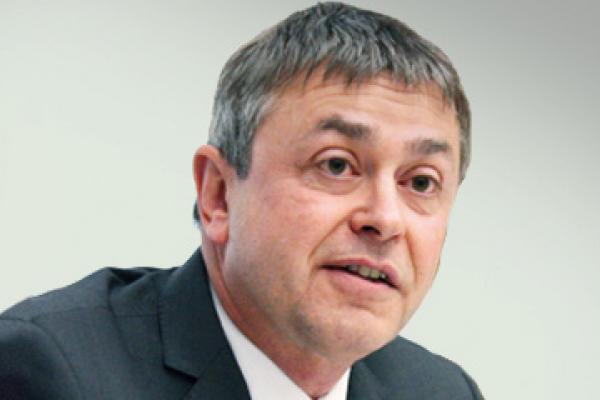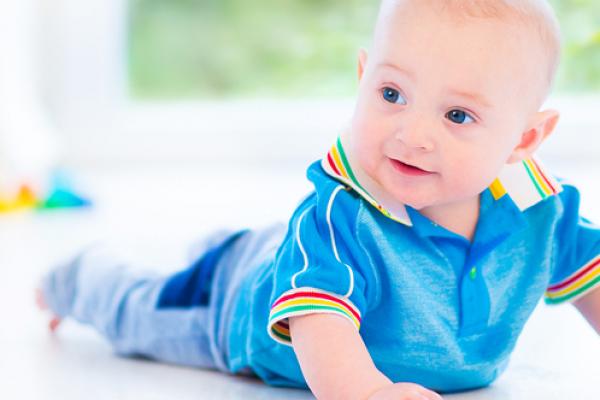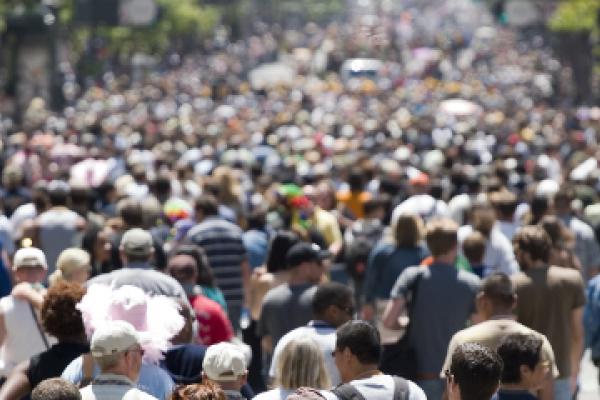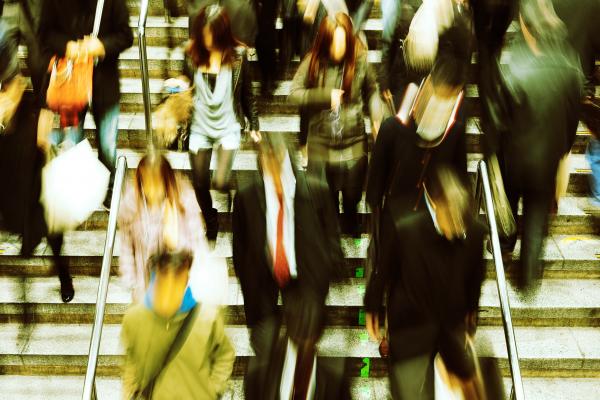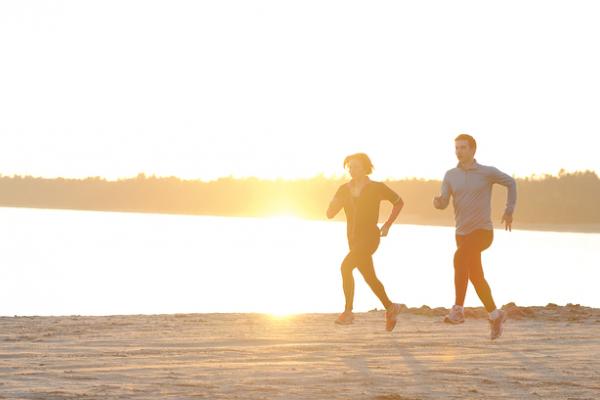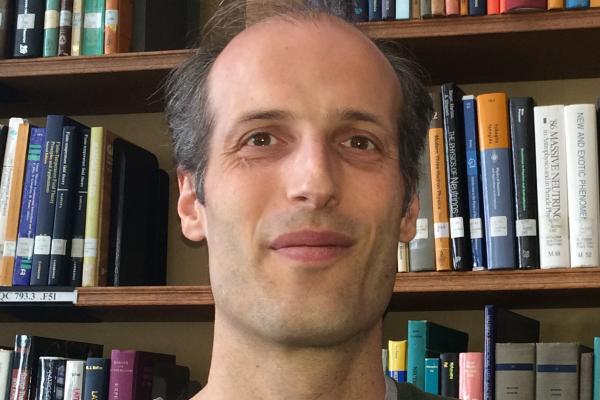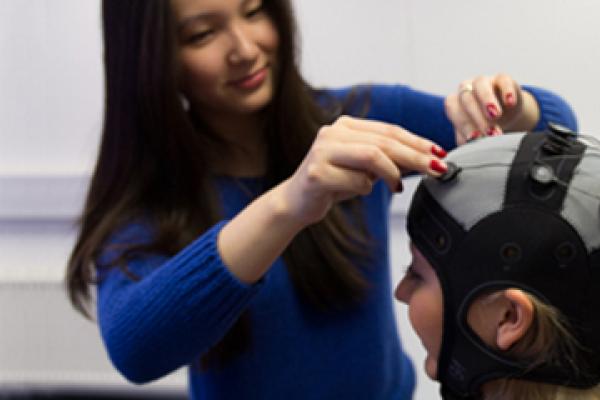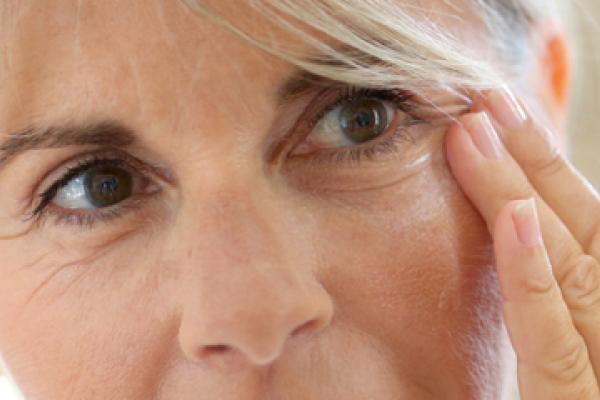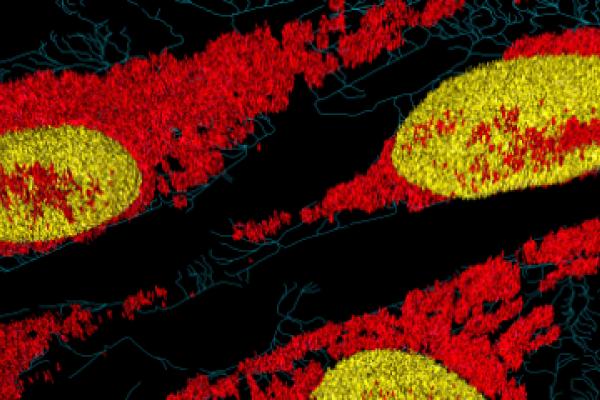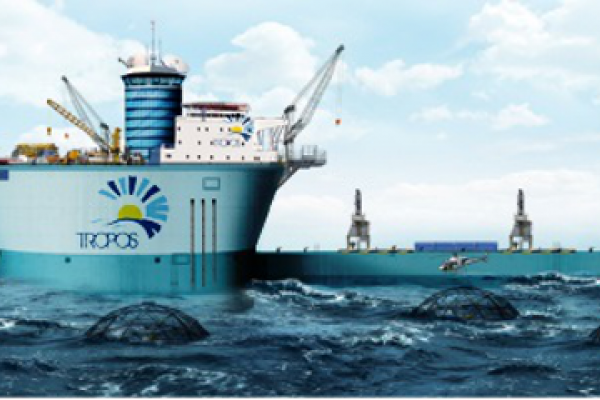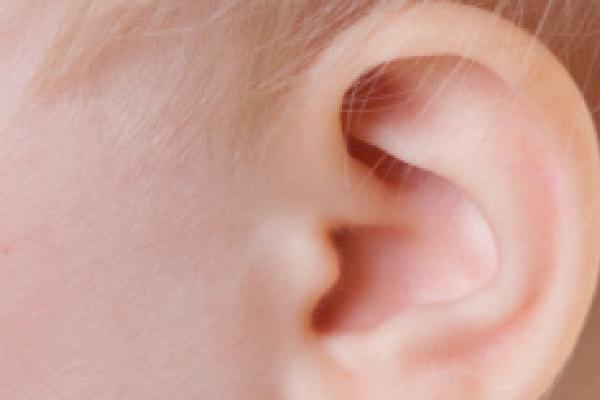EU-funded researchers are exploring new ways to learn that make science more relevant to everyday life – and more fun.
Special series

Researchers on a mission
The EU is on a mission with researchers to protect our planet and society.
By helping researchers discover new ways to improve people’s lives, and to protect us from climate change and global health shocks, the EU is building a better future for all of us.
Most popular
-
1
-
2By Andrew Dunne
-
3By Horizon Staff
-
4By Helen Massy-Beresford
-
5
Top videos
Miracle material enters the limelight with European help
14 July 2024
Pioneering care for preemies – from artificial placentas to brain-healing stem cells
12 July 2024
Past articles
Two young Portuguese scientists have scooped a first prize at the EU young scientist awards for their work on how the eggs of pond snails can be used to measure the amount of pollutants in water.
Scientists have worked out how to fix broken genes by inserting new ones into people's DNA, and they've now successfully tested the technique on sufferers of a rare liver disease.
Over the last few decades buildings have become cleaner, leaner and increasingly air-tight, spurred on by a drive for energy efficiency. Now, however, scientists are showing that poor ventilation and indoor pollutants are not only linked to discomfort and decreased productivity, but also to allergies and respiratory disorders.
Diet drinks, chewing gum and table-top sweeteners can increase the risk of metabolic diseases such as Type 2 diabetes, heart disease and stroke because ingesting aspartame, saccharin and sucralose makes our bodies less able to break down sugars with insulin, scientists have shown.
Women should be compelled to sit on scientific committees if they receive funding for research, according to Professor Pascale Cossart, director of research into bacteria-cell interactions at the Pasteur Institute in Paris.
Prof. Cossart is the 2014 recipient of the European Molecular Biology Organization (EMBO) and Federation of European Biochemical Societies (FEBS) Women in Science Award, in recognition of her work in bacteriology and in mentoring young scientists.
If you haven’t had a bucket of iced water poured over your head recently, you probably know someone who has. The astonishingly successful #icebucketchallenge Facebook campaign, in which people agree to a chilled soaking to raise money for amyotrophic lateral sclerosis (ALS), has generated unprecedented publicity for a previously little-known disease.
‘Davenport’, ‘settee’, ‘couch’ – less common words are more likely to go out of fashion than precise terms, according to researchers who are borrowing techniques from genetics to study the evolution of language. Their results could help inform the way that computers communicate.
Scientists working on a new definition of the kilogram that will fundamentally overhaul the international measurement system are finding the problem harder than expected due to the difficulty of accurately measuring natural constants in the lab.
The EU is making important progress in researching the links between environment and disease, but the field needs more collaboration from the rest of the world, according to its pioneering researcher Dr Chris Wild, director of the World Health Organization’s International Agency for Research on Cancer.
Parents may one day feed high-strength bacteria to their kids in order to stop them from developing early onset diabetes, after research showed that over-hygienic environments are leading to a rise in incidences of the disease.
Why do some people develop asthma, Parkinson’s or cancer? The answer is often down to the subtle interplay between our DNA, our diet, our lifestyle and the pollutants we have been exposed to.
Why is the modern world making us ill? In this issue, Horizon examines the emerging field of exposomics, which looks for answers in the hidden world around us.
An experiment performed at a UK laboratory has recreated a supernova in miniature to settle a longstanding mystery about how some of these explosions travel through space.
Researchers have found that people with higher levels of vitamin D have a reduced risk of developing the most common form of liver cancer, a disease with a particularly poor survival rate as it is often diagnosed at a late stage.
Studying an area of interest rather than chasing fashionable subjects is the best route to success, according to ERC grantee Professor Martin Hairer, winner of the 2014 Fields Medal, the world’s foremost maths prize, for his work on random systems.
Passing an electrical current through the brain can help some people learn maths faster or behave more altruistically.
Looking in the mirror in the morning can help us assess when we are under the weather. Now researchers are using modern technology to capture information about physical appearance to assess the state of health of elderly people.
Scientists have increased the lifespan of fruit flies by genetically manipulating microscopic structures in their cells, a technique that might help researchers find the key to longer life in humans.
Wind turbine arrays, fish farms and seaports are to be combined into giant offshore facilities that can ease pressure on crowded coastlines and access some of the untapped potential of Europe's oceans.
An audio bracelet could improve the ability of blind and partially sighted children to interact with the world around them.
Weekly news alert


